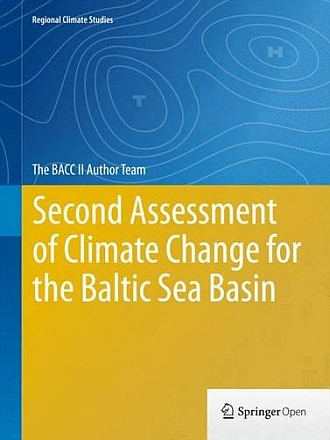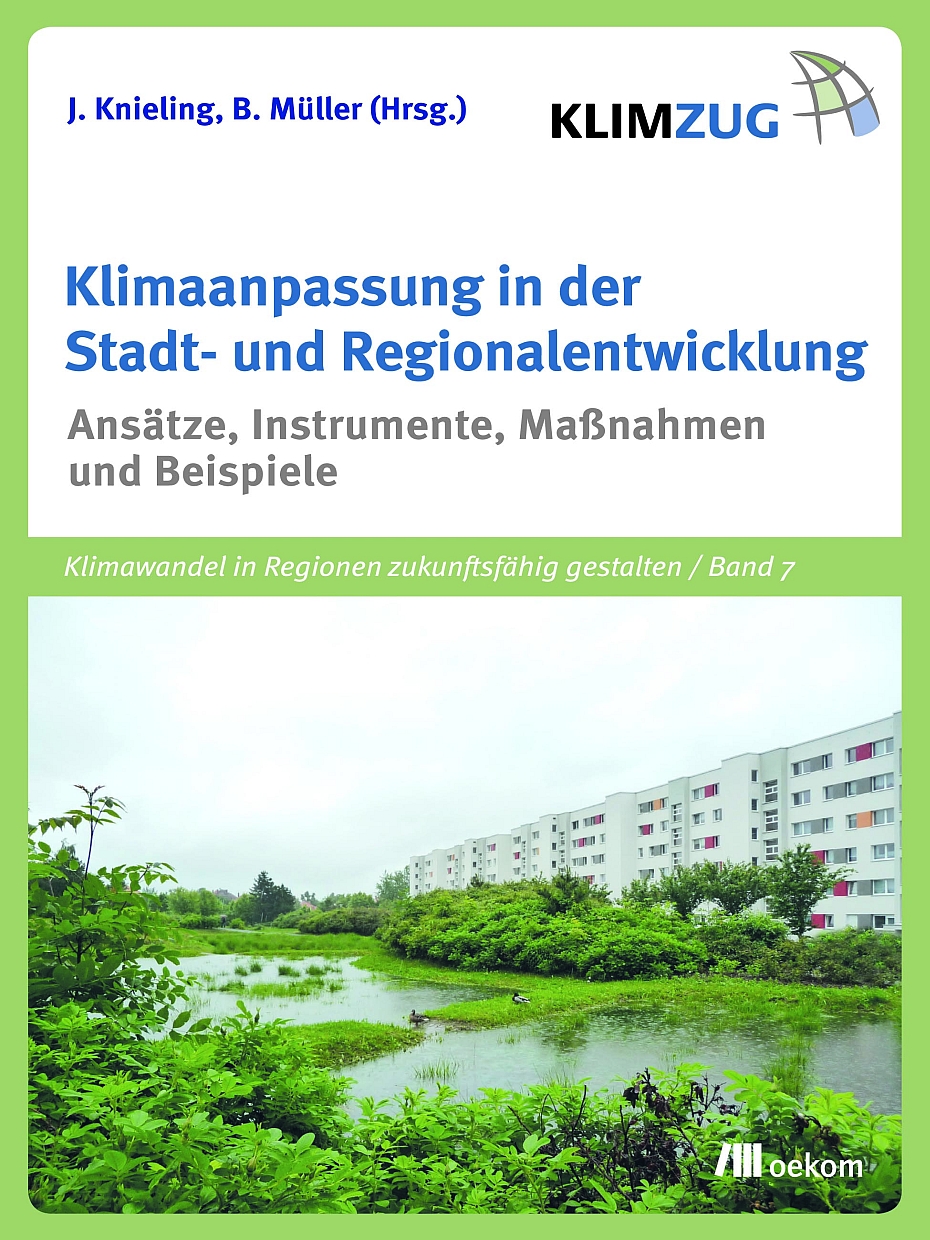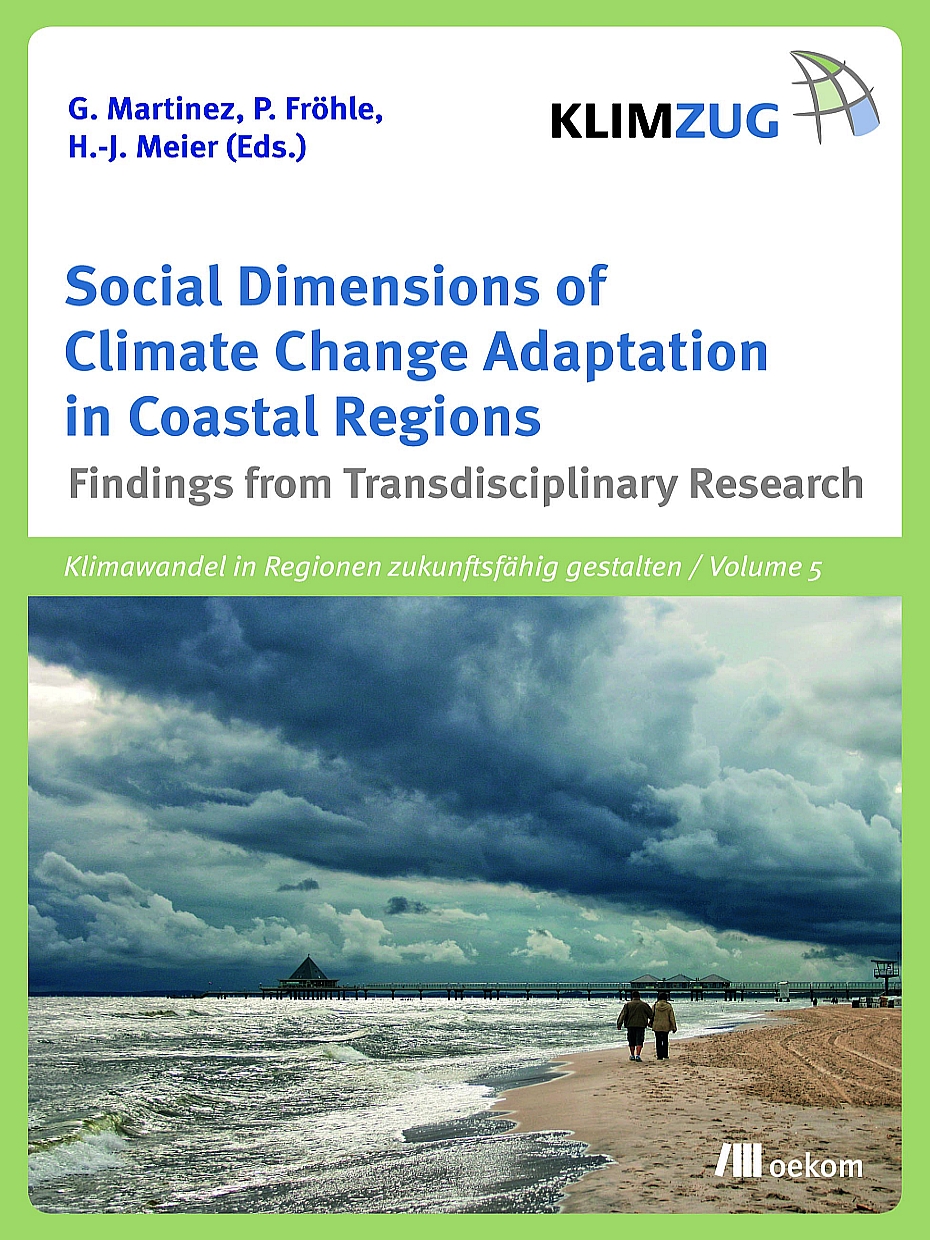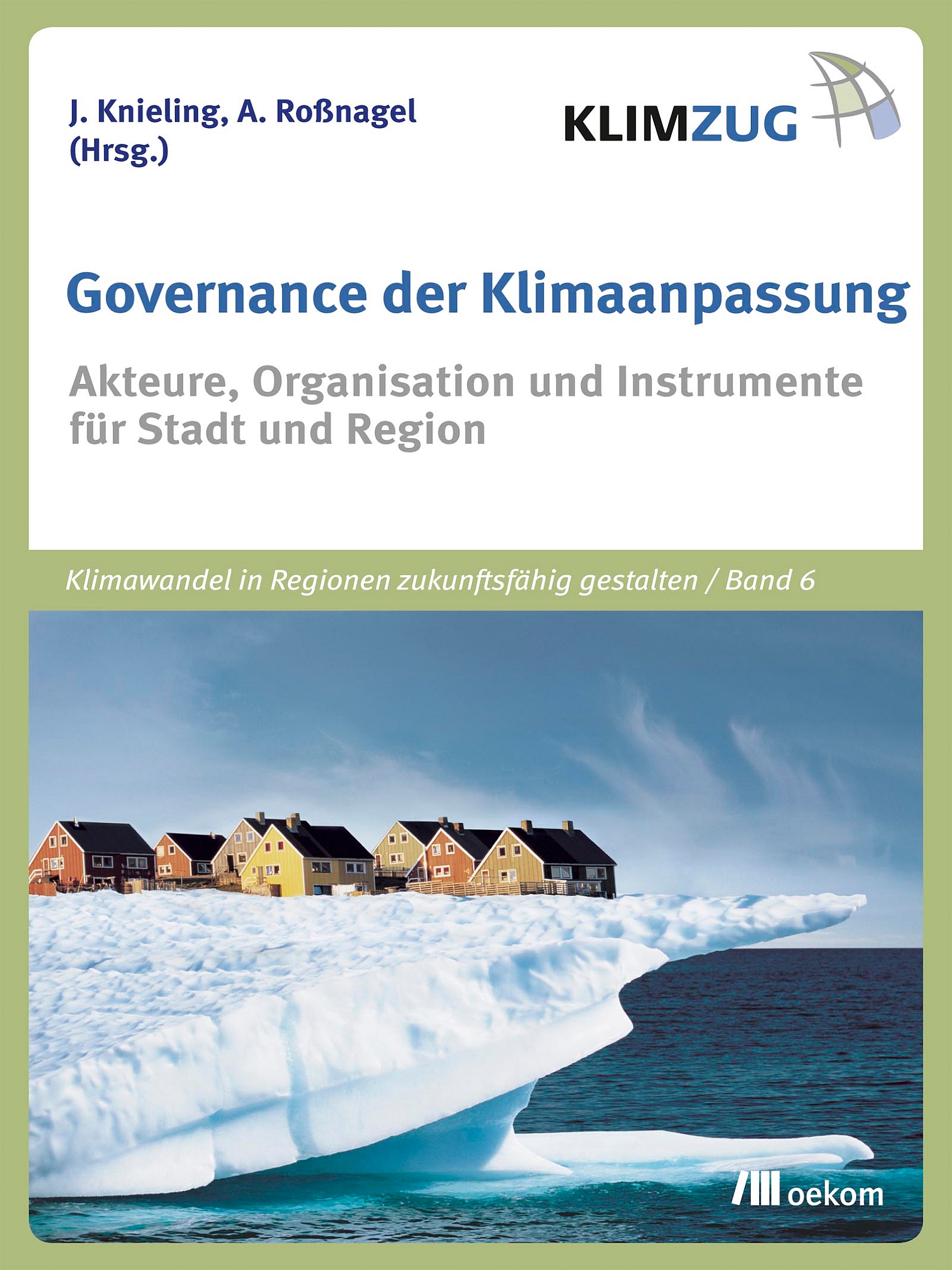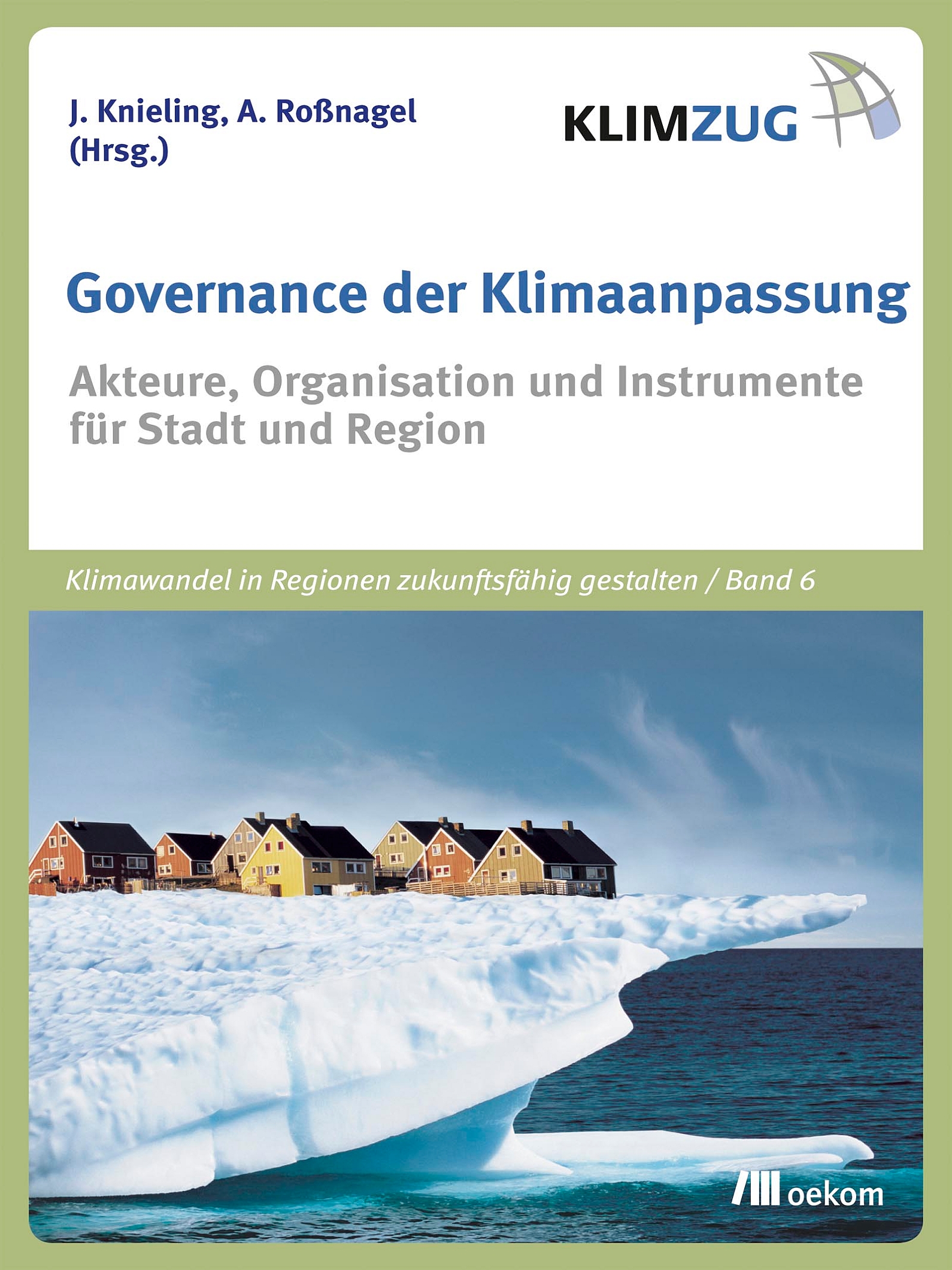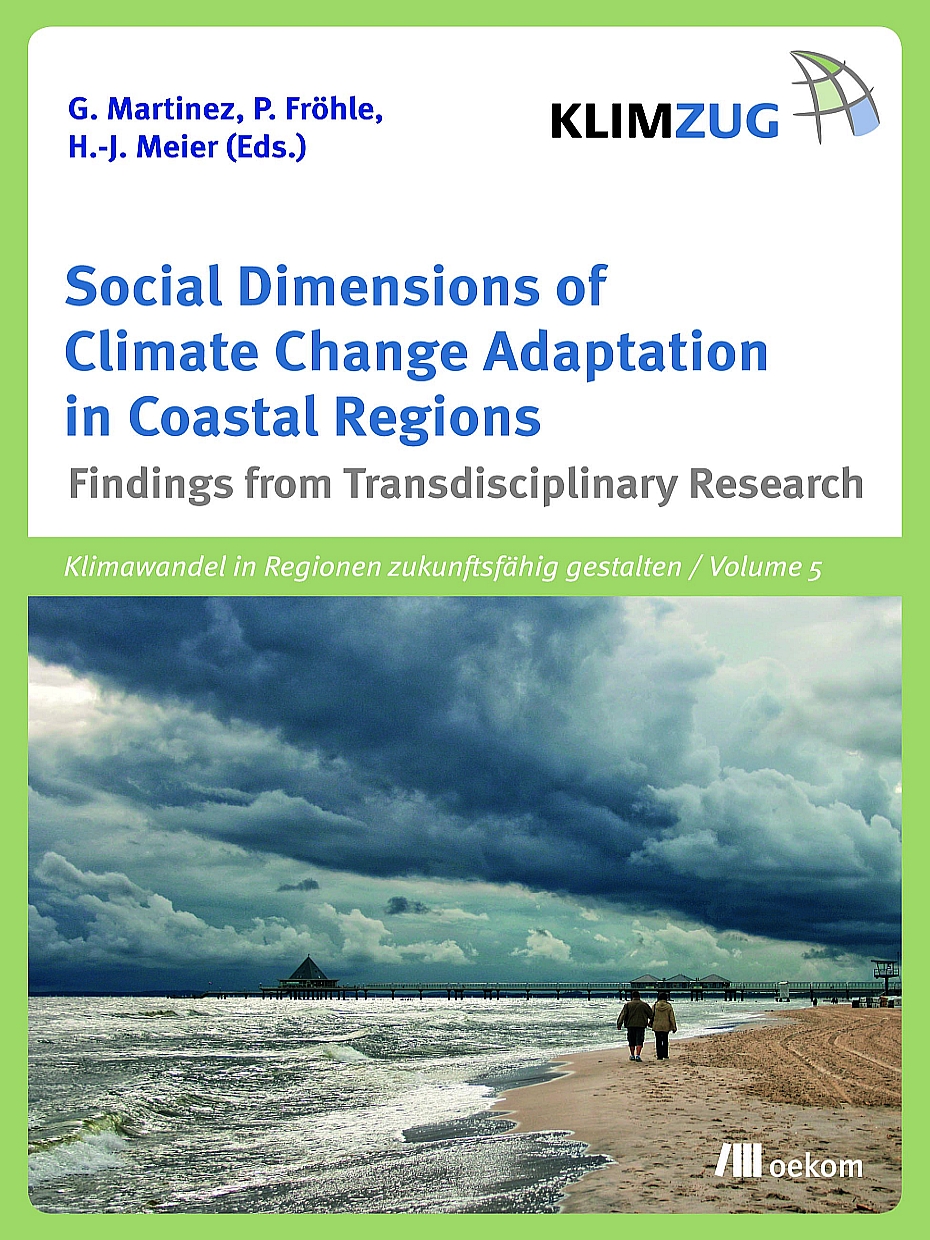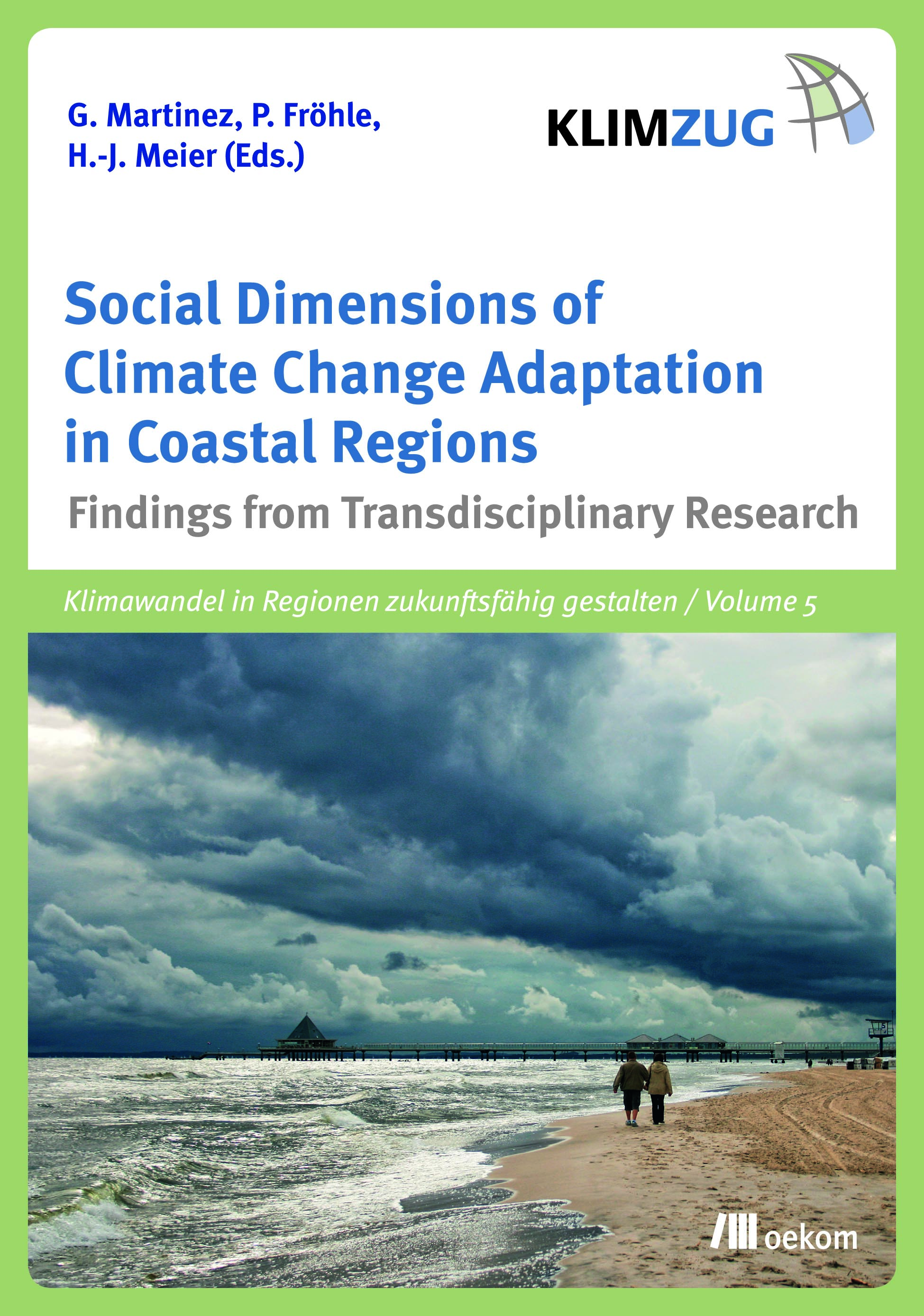After two years of project work, the second annual report of RADOST (Regional adaption measures for the German Baltic Sea Coast) presents research results and experiences of cooperation with political decision makers in ministries, administrations and communities. The annual report is available for download.
On their way to develop climate change adaptation strategies for the model region Baltic Sea Coast, the partners of the project RADOST again progressed significantly during the second project year. The report describes the current activities of the project RADOST within the five modules "Network building and dialogue", "Research in natural and engineering science", "Socio-economic analysis", "National and European political setting / national and international exchange" and "Communication and dissemination of results". It covers the time period from April 2010 to March 2011.
During the first project year (1. RADOST Jahresbericht) the main target groups for network building regarding climate adaptation had been identified and sensitized and the foundations for the research activities had been set. During the second project year, the issue-specific networks of stakeholders in the region could be improved and first results of the natural and engineering science research could be presented.
The report presents the current status of the networking activities in Mecklenburg-West Pomerania and Schleswig-Holstein within the six focus topics "Coastal protection", "Tourism and Beach Management", "Water management and agriculture", "Ports and Maritime Economy", "Conservation and Land Use" and "Renewable Energies".
First data on sea level, sea state statistics, currents, and sediment transport, on water quality and ecology and biodiversity that has been adapted especially for the region are being presented. Furthermore, selected implementation projects are being described.
The report [pdf, 6.2 MB, German] is available as free download and targets stakeholders in administrations, industry, science and NGOs in Mecklenburg-West Pomerania and Schleswig-Holstein, as well as the general public. It is the third publication within the RADOST journal series.
As lead partner, Ecologic Institute is heading the project RADOST (Regional adaptation measures for the Germany Baltic Sea Coast), which is sponsored for 5 years within the research program "KLIMZUG-Climate Change in regions" of the German Federal Ministry of Education and Research.
